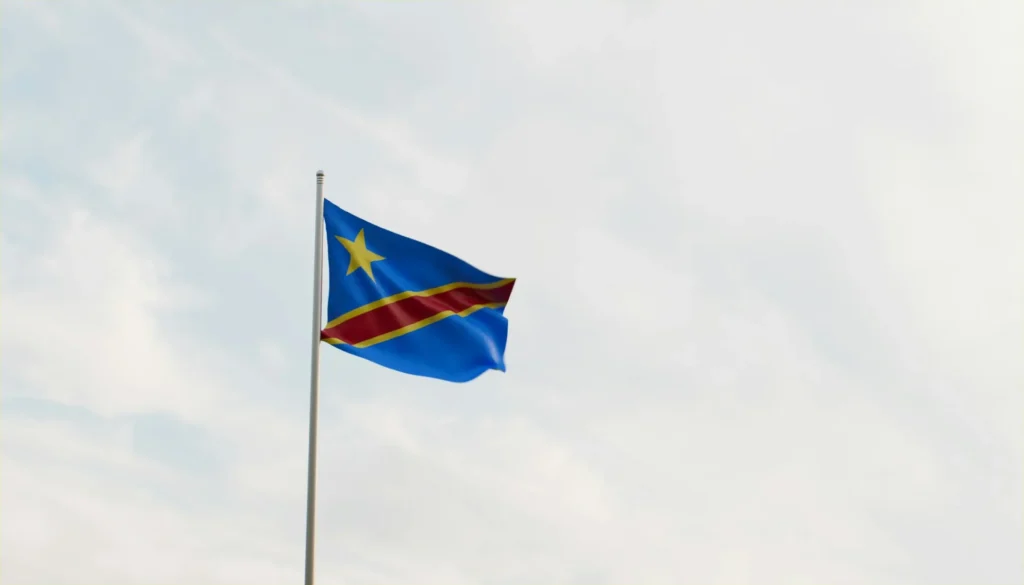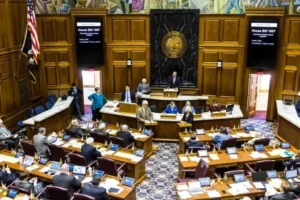A rebel alliance claiming control of Goma in eastern DR Congo has announced a ceasefire after fierce clashes left hundreds dead. The Alliance Fleuve Congo (AFC), which included M23 fighters, the Rebel’s declared a ceasefire in Goma on Tuesday due to a worsening humanitarian crisis.
The Democratic Republic of Congo’s government and international organizations accuse Rwanda of supporting the M23 rebels, a claim Kigali denies. Goma rebel ceasefire efforts remain uncertain as Congolese military officials reject the truce as an insincere propaganda move.
“Have you seen the Rwandans do what they say?” General Sylvain Ekenge asked, dismissing the ceasefire announcement as a strategy to mislead global observers. According to UN experts, between 3,000 and 4,000 Rwandan soldiers actively assist M23 rebels, outnumbering local insurgents and stepping up military actions.
Felix Tshisekedi, the President of the Democratic Republic of the Congo, has sworn a strong counteroffensive against M23, referring to the organization as a puppet under Rwandan control. However, Paul Kagame, the President of Rwanda, disputes any knowledge of Rwandan forces present within the borders of DR Congo.
Fighting erupted last week when M23 rebels launched an assault on Goma, the capital of North Kivu province, displacing thousands. The United Nations reports that 900 bodies have been recovered, with nearly 2,880 wounded since last January.
Medical facilities remain overwhelmed, struggling with shortages of medicine and essential equipment as casualties rise. Rebel forces initially signalled plans to advance beyond Goma, aiming to capture Bukavu and possibly Kinshasa’s national capital, Kinshasa.
However, the AFC’s latest statement insists the group has no intention of further territorial expansion, prioritizing civilian protection instead. Rebel leader Corneille Nangaa, in contrast, previously told the media that the group would fight until reaching Kinshasa.
As the rebel’s declared a ceasefire in Goma, concerns persist over whether the truce will hold, as past agreements failed to stop hostilities. The conflict’s outcome remains uncertain, with international pressure mounting for diplomatic intervention.










